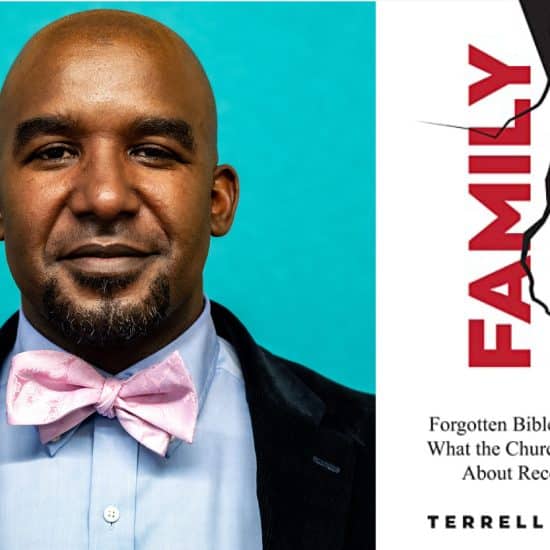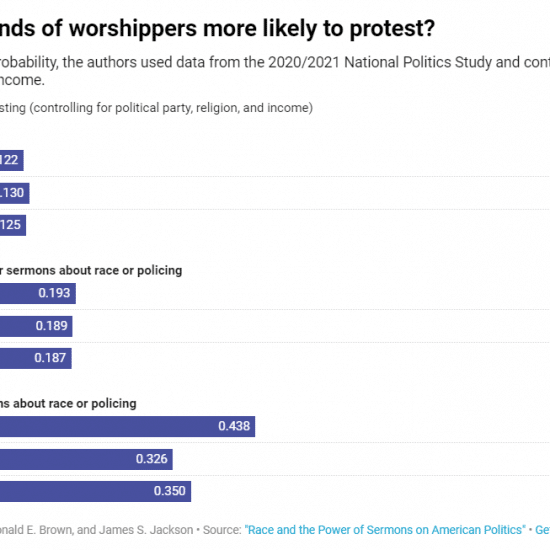WINSTON-SALEM, N.C. (ABP)—A Baptist church-state scholar says religious liberty concerns about new coverage mandates come with the territory in America's employer-based health insurance system.
Melissa Rogers, director of the Center for Religion and Public Affairs at Wake Forest Divinity School, said in a Huffington Post article that if the Obama administration's attempt to provide free birth control coverage to all women while respecting the conscience of religious employers who oppose contraception on moral grounds sounds complicated, "that's because it is."

Melissa Rogers
|
"Indeed, my hope is this episode will prompt us to reconsider our employer-based health insurance system," said Rogers, a senior fellow at the Brookings Institution and former chair of President Obama's first Advisory Council on Faith-Based and Neighborhood Partnership.
The Obama administration's re-cent proposal to take religious organizations that object to contraception coverage out of the equation by requiring insurance companies to pay for it "makes good sense to me" and to a lot of Catholics and other people of faith who say it works well for them, Rogers said.
Some Catholics who oppose artificial birth control and evangelicals who believe "morning-after" or "Plan B" birth control pills cause an abortion, however, still object to supporting such coverage even indirectly and believe forcing them to provide it tramples on their religious liberty.
The Affordable Care Act, passed by Congress and signed into law by the President in March 2010, requires employers to cover preventive services like mammograms, colonoscopies, immunizations and pre-natal and new-baby care with no out-of-pocket costs.
The administration included FDA-approved contraceptives and sterilization among covered services. The White House originally announced a conscience clause exempting churches from the requirement, but not institutions such as church-run hospitals and schools.
After receiving backlash, the president said nonexempt religious organizations would be treated essentially the same as churches and would not have to pay for birth control if they object.
The White House has promised to work out a similar arrangement for self-funded insurance providers like GuideStone Financial Resources of the Southern Baptist Convention.
The Obama administration is right to take seriously legitimate religious-liberty concerns in developing its coverage rules, Rogers asserted.
It is not the government's business to determine whether a certain faith's beliefs are "right," she said. At the same time, allowing employers' to use their religious convictions as an excuse to deny federal benefits to their workers "would be disturbing."
Rogers said the tension is inherent in the U.S. health-care system, where most people are insured through their jobs.
"It is right to honor the religious objections of faith-based employers, but it is also right to ask why we retain a system where the health coverage employees receive may be limited by those objections," she said.
President Obama has said that if he were starting a system from scratch, a single-party plan might make sense, but he isn't starting from scratch. Instead of disrupting an employer-based health-care plan that Americans have grown accustomed to and generally like, his health-care plan calls for reforming the system to control costs and provide coverage for an estimated 50 million citizens who lack health insurance.
Rogers said debate about how to accomplish that is inevitable but need not be so acrimonious.
"These matters are complex, but our debate over them need not be caustic," she said. "May cool heads and fair-mindedness prevail as we move forward."






